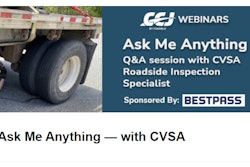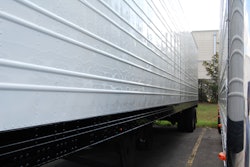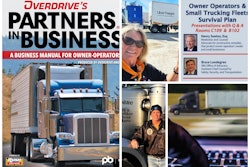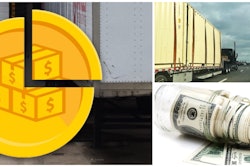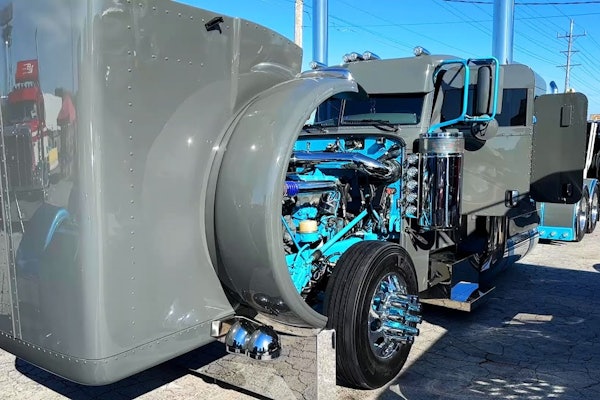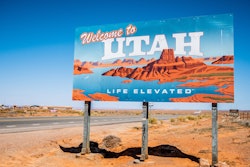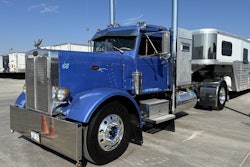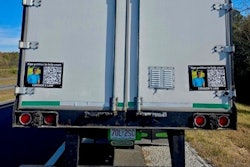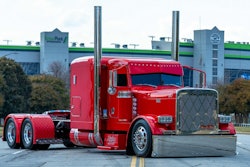My alarm bells went off when my insured recently told me, “My customer/broker said I don’t need trailer coverage to pull their trailer.”
It’s never wise to accept statements or advice about insurance from anyone other than a licensed insurance agent. And when we’re talking about insurance for trucking, preferably you want an agent who has firsthand experience and knowledge of the trucking industry. Otherwise you could find yourself without the necessary insurance coverage for your trucking operation.
This insured has been doing power-only operations for two different customers/brokers. Neither of them required him to provide “physical damage” coverage for their trailers. While on the surface this sounds great to us truck owners, it comes with a very high risk! That risk is that while a trailer is in the “care, custody and control” of the power-only trucking operator, that operator can still be held liable for physical damage to the trailer.
I emphasized to my insured that while his customers/brokers said trailer coverage was “not needed,” it is almost most certainly “necessary.”
This call I received demonstrated an all-too-common issue among us truck owners. Yes, that includes me as well. As I shared with Overdrive Editor Todd Dills several years ago, I too trusted brokers when they made statements about what insurance requirements had to be met to haul loads for them. At that time, I made the horrible decision to allow customers and brokers to be added to my insurance policy as “additional insured.” Then, once I discovered my error in adding “additional insureds” to my policy, I ended the practice immediately.

[Related: Just say no: One owner-operator's approach to broker/customer demands to be 'additional insured']
The reason I point this out: this insured who called me felt horrible that he had allowed himself to be somewhat misled and left himself financially exposed for liability due to physical damage to a trailer in his “care, custody and control.” I immediately pointed out to him that, just like myself at one time, he’s now aware of the liability he is exposed to. He can now add the missing coverage to his policy and mitigate that exposure.
There are numerous legal curves, turns, switchbacks and detours that I am not qualified to discuss or that I, even as a licensed insurance agent, could share in simple, easy-to-understand terms. (I’m not an “insurance stalker,” aka a lawyer.) But what I can share is that, for a lawyer representing the owner of a trailer, there are many different options to pursue a power-only operator to recover damages (money for repairs/replacement) to a non-owned trailer.
Bottom line: if you’re in a power-only operation and pull a trailer you do not own, it is in your best interest to add the correct trailer coverage to your insurance policy before hauling your next power only load. As the old saying goes, “It’s better to have and not need than to need and not have.”
Being responsible for damage to a non-owned trailer and “needing and not having” the correct trailer coverage is never a good situation to be in.
More info on insurance unique to power-only operations: Going deeper on insurance requirements unique to power-only trucking: Trailer interchange v. Non-owned trailer
Need help with your own insurance? Call the author of this story, W. Joel Baker -- if you have questions about insurance you'd like to see addressed by Baker here in Overdrive, drop a comment under this story or get in touch with him directly via his websites.
Find more information on the ins and out of trucking insurance, including details around trailer coverages unique to power-only operations, in-depth in Chapter 16 of the newly updated Overdrive/ATBS-coproduced "Partners in Business" book for new and established owner-operators, a comprehensive guide to running a small trucking business sponsored for 2024 by the Rush Truck Centers dealer network. Click here to download the most recent edition of Partners in Business free of charge.

